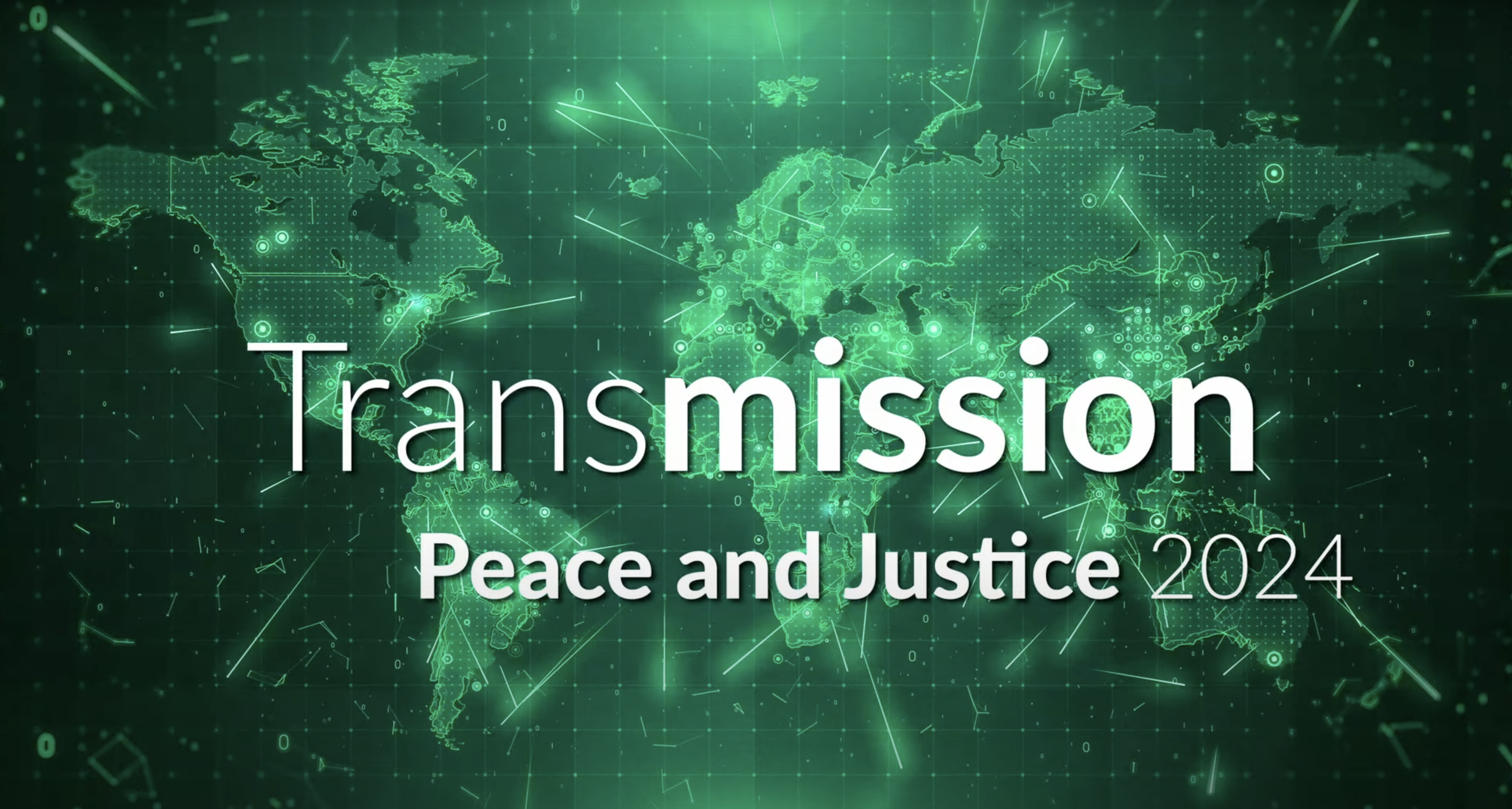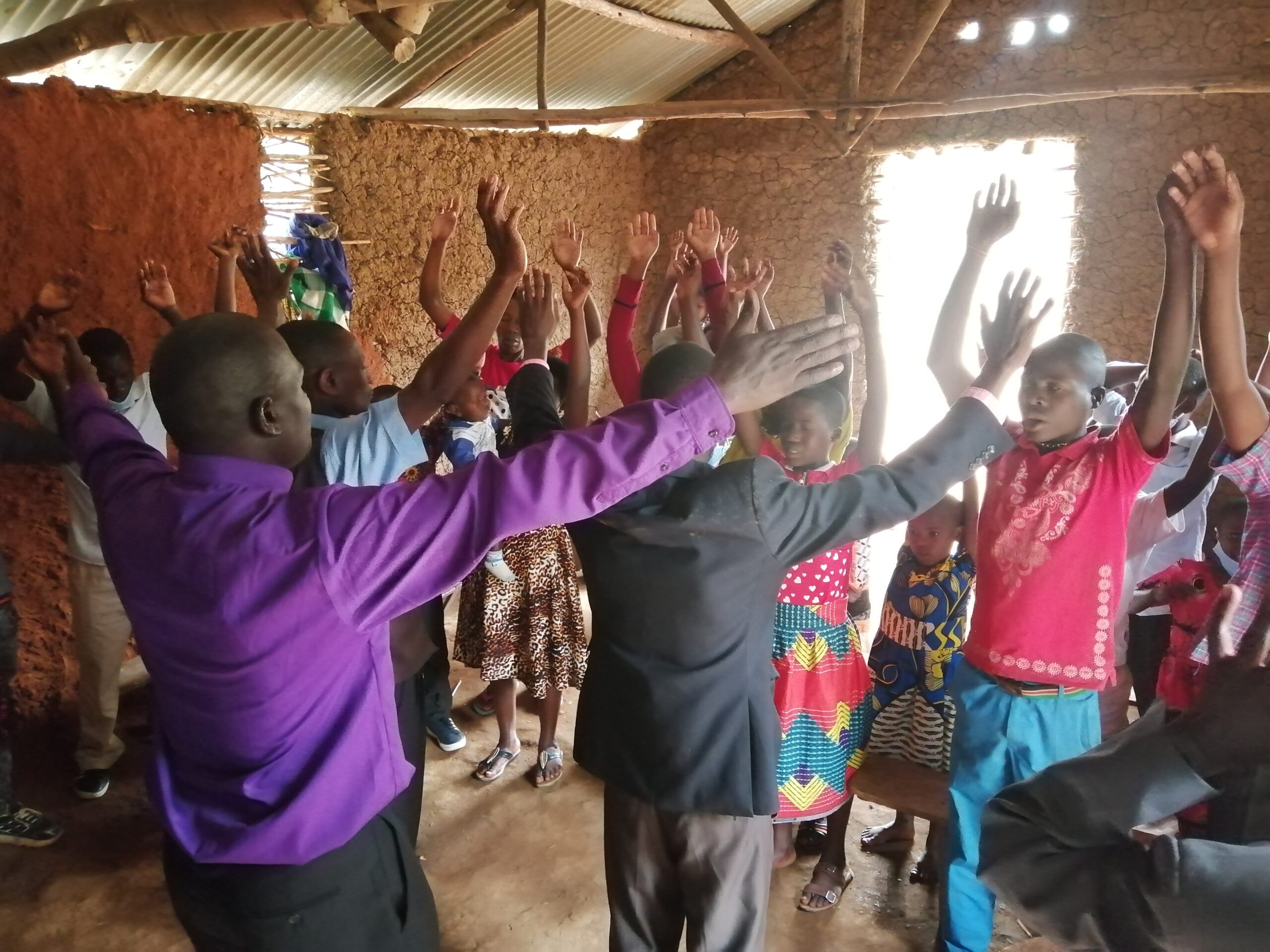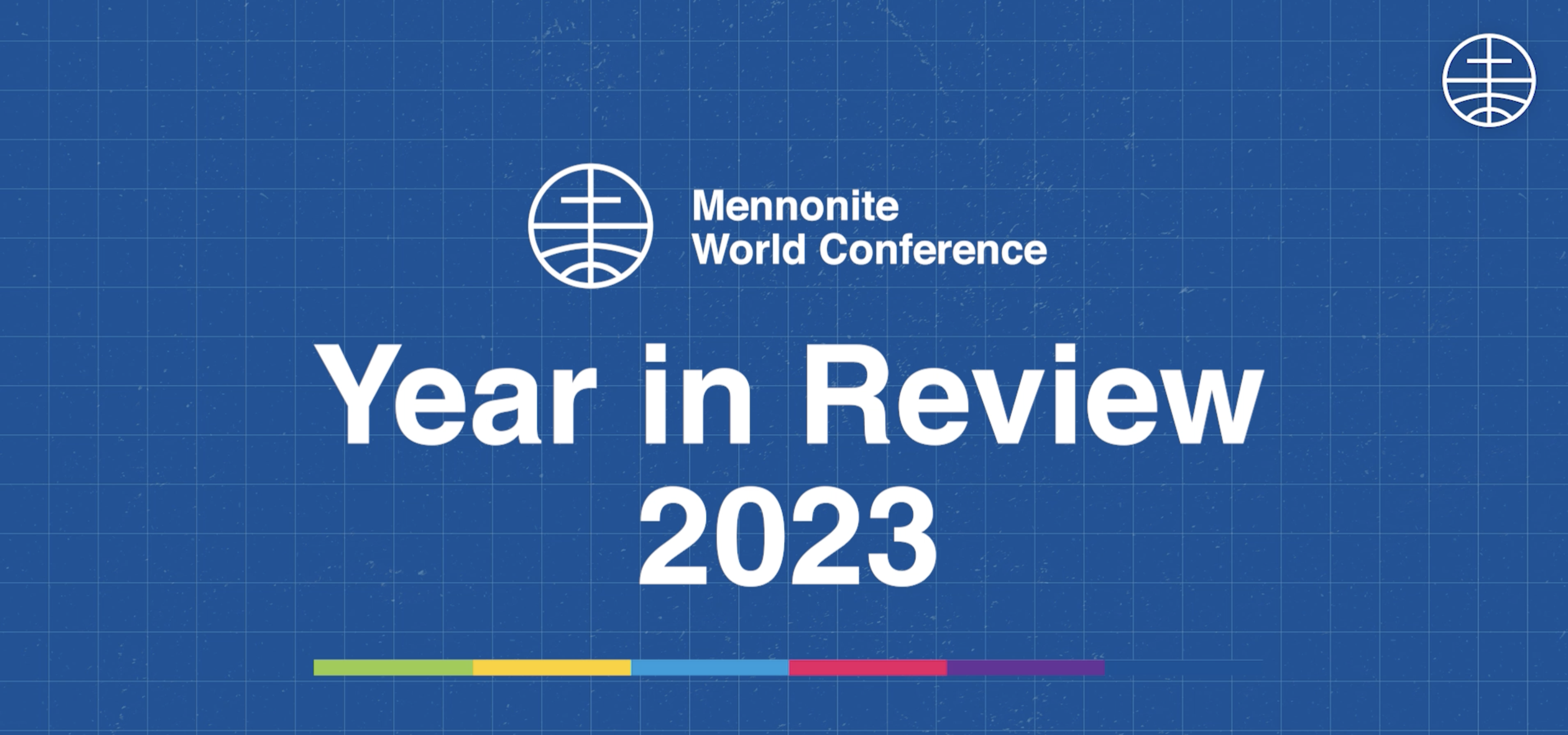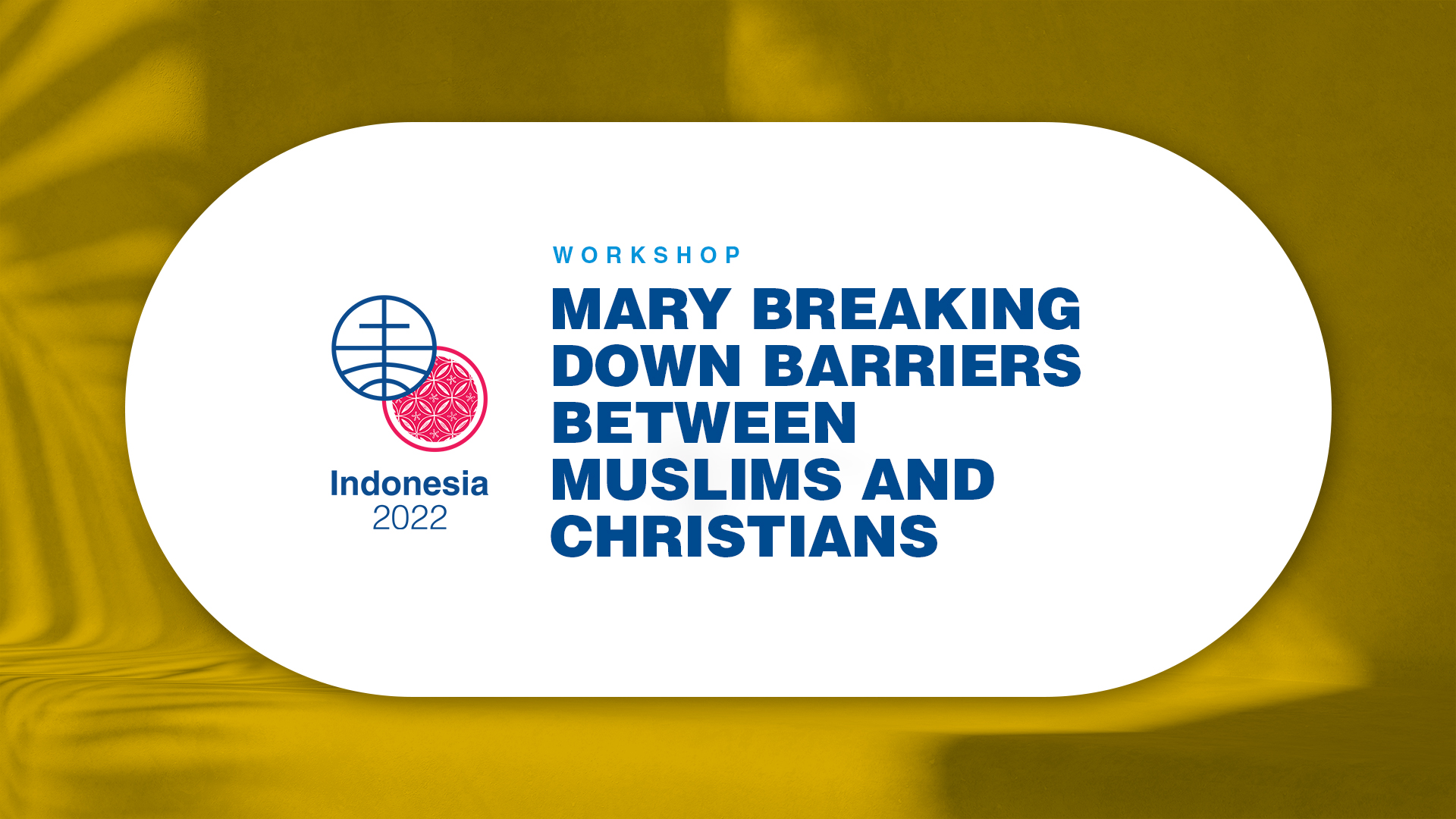-
Transmission
Transmission is the title given to a series of 5 films of 10 minutes which present Anabaptist thought to people around the world to encourage a life of faith created by Affox AG, a multimedia production company. We would like to do this by providing a glimpse at the journeys we experience as disciples of Jesus…
-
MWC Year in Review 2021
Our relationships with you — our sisters and brothers in Christ — were a source of strength as the pandemic continued in 2021. Online experiences during the pandemic have given you new virtual opportunities to connect online. You learned from and supported the global Anabaptist-Mennonite family as we follow Christ together while we are apart. Click here to download…
-
MWC Year in Review 2023
The focus of Mennonite World Conference in 2023 was on strengthening relationships in our Anabaptist-Mennonite family. We are family, woven together and strengthened as one body of Christ. Sharing joy and sorrow, together we are following Jesus, living out unity, and building peace. More information will be available on our website and MWC Info. Click here…
-
Mary breaking down barriers between Muslims and Christians
Indonesia 2022: Workshop Mary, the mother of Jesus is deeply honored by Christians and Muslims. This workshop explores the Qur’anic and Biblical narratives about Mary and her depiction in both traditions. The workshop also investigates what a focus on her prophethood can add to inter-religious dialogue between Muslims and Christians, especially for women. Presenter: Jacqueline…
-
AWFS 2024 Letter
September 2023 To: All Mennonite, Brethren in Christ and Anabaptist-related churches in the world Dear brothers and sisters, It is with great joy that we share the materials for Anabaptist World Fellowship Sunday (AWFS) with all of you. MWC creates worship resource materials three times a year for member churches: Peace Sunday (17 September…
-
Peace Sunday 2023 – Liturgies
Opening prayer Proclaim the Dawn of God’s Reign This is what the Lord, the God of Israel says: “Let my people go so that they can hold a festival for me in the desert” (Exodus 5:1). Out of the house of slavery, through troubled waters, into the wilderness a new people is born; You are…
-
Peace Sunday 2023 – Teaching resources
Being a family: redrawing the images and borders While he was still speaking to the crowds, his mother and his brothers were standing outside, wanting to speak to him. Someone told him, ÒLook, your mother and your brothers are standing outside, wanting to speak to you.Ó But to the one who had told him…
-
Peace Sunday 2023 – Activities
Community Mapping Creating a social “family” tree Purpose: to highlight the many and broad social connections that we as communities of faith have. Hopefully this result in a beautiful, wide, vibrant and colourful tree that expands across the wall, highlighting the many connections the church community has. With permission, send your story and photo…
-
Peace Sunday 2020 – worship resource
Theme When one member suffers, all members suffer: Peace as accompaniment and solidarity If we are interested in embodying God’s peace and justice in this world, what happens to one affects and should also matter to others. Biblical text: 1 Corinthians 12:12–27Ruth 1:1–17Ephesians 4:1–6Galatians 6:1–5 Additional resources in this package Additional resources available online:…



